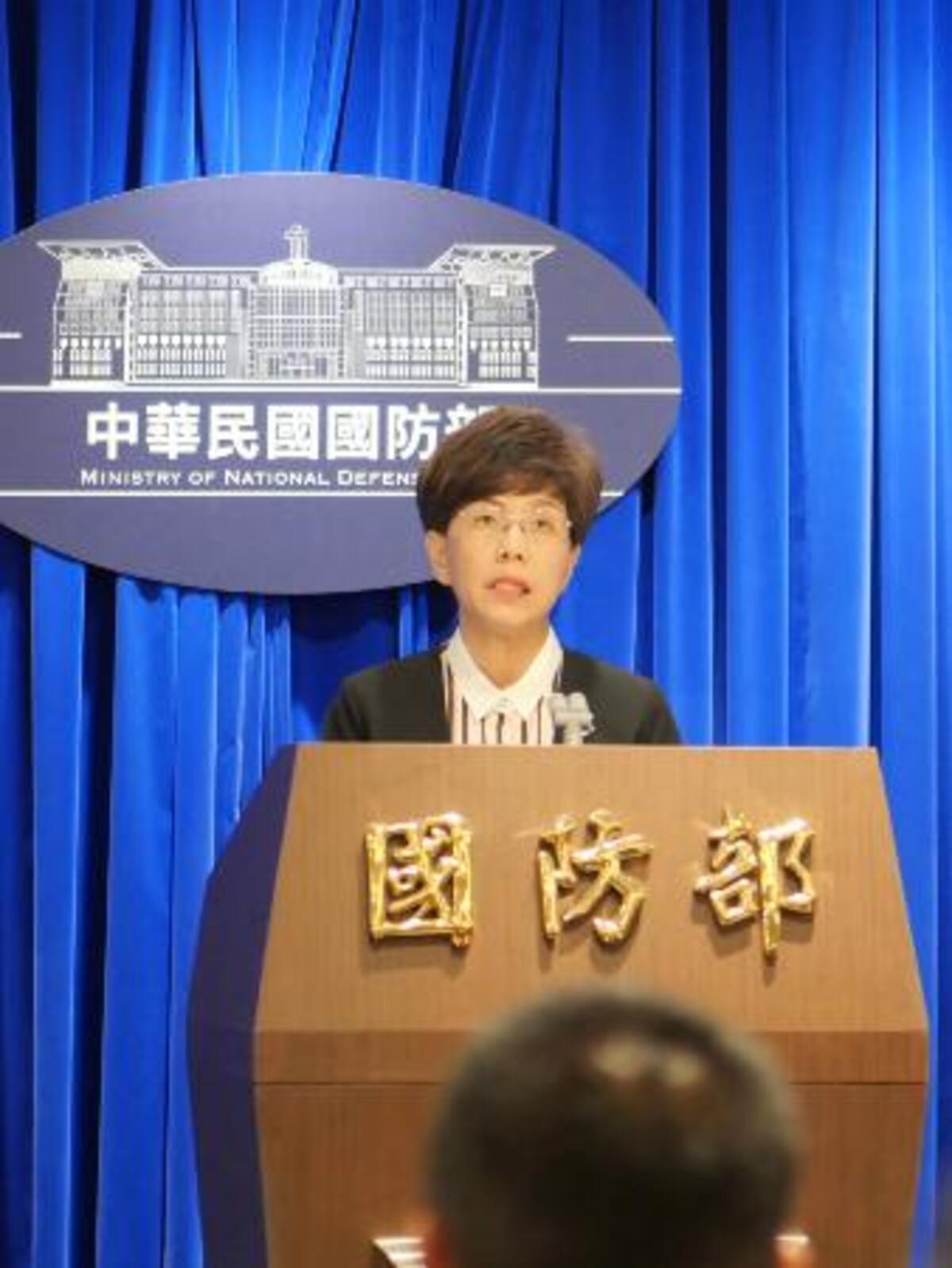Three House-led committees comprising state and county governments, private developers, environmental interests, and other stakeholders face tight December deadlines to make recommendations before the start of the legislative session in January. Their focus is on complex issues designed to spur economic development across the state, specifically relating to permitting, cesspool conversions, and historic preservation regulations.
These challenges have puzzled county and state governments for decades. However, a new law signed in May by Gov. Josh Green allows these committees to meet in private, bringing together sometimes competing groups—such as private companies, environmentalists, and historic preservationists—to develop short-, medium-, and long-term solutions.
Known as Permitted Interaction Groups (PIGs), these permitted, interactive groups enable private, hours-long discussions. This format has given different sides the time to listen to various perspectives, producing productive dialogue so far.
State Rep. Susan Keohokapu-Lee Loy (D, Hilo), who chairs the 17-member Building Permit PIG, noted, “We’re probably about 65 hours in and have had deep and thoughtful conversations and have heard from all sides. Everybody has homework, so they come prepared. We’re really hopeful that some good, thoughtful solutions will emerge.”
Rep. Greggor Ilagan (D, Hawaiian Paradise Park-Hawaiian Beaches-Leilani Estates) chairs the House Economic Development and Technology Committee and now leads the new Simplifying Permitting for Enhanced Economic Development (SPEED) Task Force, which oversees all three committees.
Each committee’s recommendations will be made public in December, allowing the community to weigh in before the SPEED Task Force finalizes its recommendations for the upcoming legislative session in January.
“We’re going to discuss, debate, and vote on the recommendations toward the overall goal to simplify the permitting process and make it easier for the community,” Ilagan said. “We want to make it easier to do business in Hawaii and improve the climate for both residential and commercial permitting.”
Both Ilagan and the three committee chairs told the Honolulu Star-Advertiser that these private discussions are helping each committee find consensus by their December deadlines.
“Having a Permitted Interaction Group allows subject matter experts to have a dialogue over everything from small to big recommendations,” said Rep. Mike Lee (D, Kailua-Kaneohe Bay), chair of the 14-member Individual Wastewater Systems Permit PIG. This group is examining potential administrative rule changes and possible new laws to help the state reach its goal of eliminating cesspools by January 1, 2050.
Committee members include state and county officials, developers, environmental groups, the state Historic Preservation Division, and others, Lee explained. “It’s a good collection of people with diverse perspectives. Having a PIG allows robust conversations where all parties are learning, sharing, and collaborating.”
Although no final consensus has been reached, Lee expects as many as 20 potential proposed changes to administrative rules or even state laws to emerge.
The issue of eliminating cesspools—known to leach contaminants into soil, water tables, streams, and the ocean—remains complex, especially in rural communities without ready access to county wastewater systems.
“For example, the idea of creating uniform, preapproved designs to replace aging cesspools seems sensible but becomes complicated due to each property’s unique topography,” Lee said. “Every house is different. Factors like space constraints and the presence of lava rock complicate matters and extend the process. Different rural neighbors may use the same engineer, but there may be differences in how to do it correctly for the environment and public safety.”
He added, “It really is site-specific, but the Department of Health is willing to look into that. The benefit of the PIGs is that they allow a small group to do a deep dive on complex issues and present well-thought-out recommendations at public meetings.”
Before joining the House, Keohokapu-Lee Loy served on the Hawaii County Council, where she experienced a complete overhaul of construction codes and the transition from paper plans to an online building permit process. “We learned a lot of lessons,” she recalled.
Now, her House committee includes the head of Honolulu’s Department of Planning and Permitting, Dawn Takeuchi Apuna, developers, and a member of the Maui County Council working to rebuild Lahaina following the devastating wildfires of August 8, 2023, among others.
All groups held their first public meeting in September at the state Capitol. County planning officials identified perennial unfilled positions as one of the critical bottlenecks slowing building permit approval, along with poor-quality submissions by permit applicants.
Apuna and other county officials noted that county salaries lag behind those offered by federal agencies and private-sector employers competing for similar talent, worsening staffing shortages.
Rep. Tyson Miyake (D, Wailuku-Waikapu) chairs the Historic Preservation Permitted Interaction Group, which includes Jessica Puff, administrator of the state Historic Preservation Division, and development stakeholders.
The committee continues to examine the SHPD process because “many building projects require SHPD review to obtain permits, where long delays occur,” Miyake explained. Four of his neighbors reported prolonged waits for SHPD sign-offs, including one case on his street that lasted four years without explanation.
Miyake discovered that even before the August 2023 Maui wildfires, two archaeologists had left the division, leaving no one to conduct reviews.
During the last legislative session, Miyake authored House Bill 830, authorizing the State Historic Preservation Division to hire third-party contractors to conduct reviews of state projects and others affecting historic properties, beginning July 2026. Gov. Green signed it into law as Act 306.
“When I was selected to lead this special committee, developers reached out to me,” Miyake said. Now, Puff can “hear firsthand the challenges they’re facing and address questions immediately.”
“Overall, we’re having great discussions,” Miyake added. “The feedback is extensive and productive. Everyone is open and willing to share. No one is attacking anyone or creating conflict because the overall goal is to better enhance permitting.”
—
The collaborative approach fostered by these PIGs offers hope that Hawaii can streamline complex permitting processes, balance environmental and development interests, and promote sustainable economic growth statewide. The coming months will be critical as recommendations take shape and invite public input ahead of the legislative session in January.
https://www.staradvertiser.com/2025/10/26/hawaii-news/task-force-aims-at-permitting-reform/


